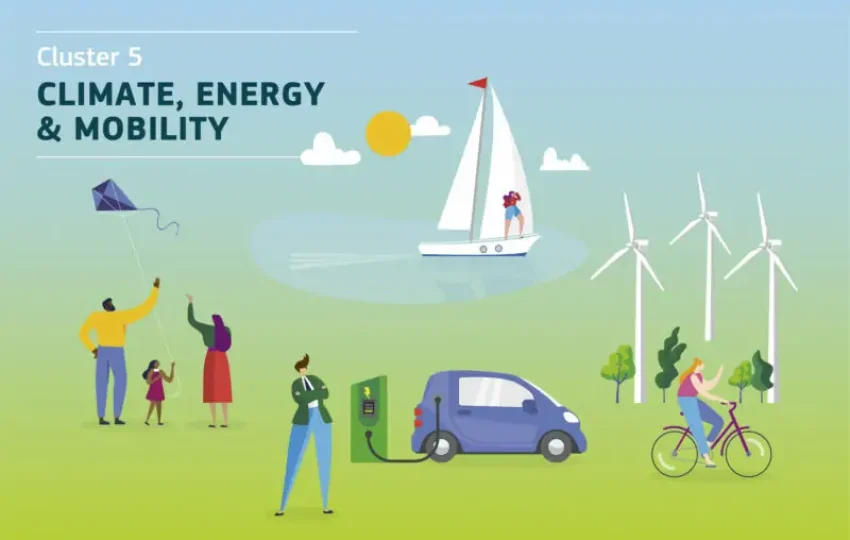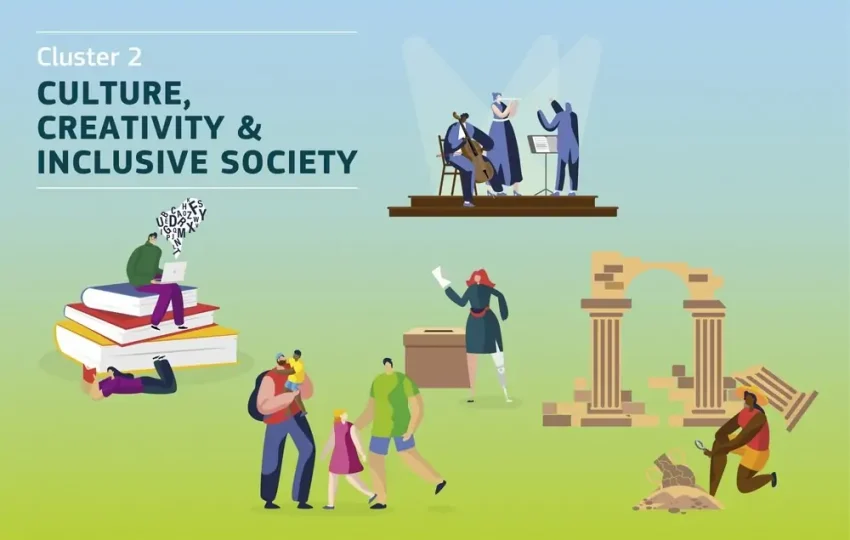On December 18th, 2019 the European Union announced an additional 30 million euros to be allocated for the ‘’AfricaConnect’’ project. Providing affordable, high-capacity Internet that will help create research and education networks across Africa.
Affordable high-speed broadband connectivity enables African youth, students, and researchers to boost collaborative scientific research with their peers around the world to help them tackle challenges in Africa. This is an important step towards tackling the digital divide.
Jutta Urpilainen, Commissioner for International Partnership
African participation in the high-class research projects is going to be highly promoted by improving the problems of Internet connection across the country. However, that is not the only reason as to why the European Union is paying so much attention to improving the problem.
Promoting faster internet will eventually help enhance education, training and research institutions across Africa. As a result teaching and learning environments will be improved. Environments like virtual classes and massive open online courses that can promote and enhance local actions that are being taken to facilitate the use of applications for research and development.
There are three African Regional Research and Education Networks that along with the 30 million allocated by the EU, will contribute another 7.5 million. The Three Networks are:
- UbuntuNet Alliance (Eastern and Southern Africa),
- WACREN (Western and Central Africa) and
- ASREN (Northern Africa and Middle East Arab countries)
Europe’s leading collaboration on e-infrastructure and services for research and education and operator of the GÉANT pan-European Research and Education Network is also part of the funding scheme, to promote faster internet across Africa.
The contracts that were signed on the 18th are aimed at supporting the third phase of the project. The project launched in 2014 and since then more than 800 education and research institutions have been connected with higher speed internet and lower costs.
In particular:
- In Zambia the National Research and Education Network (ZAMREN) multiplied their Internet capacity by 60 times, while costs dropped by 94% over a 4-year period.
- In Nigeria, the project helped students to improve campus security at the University of Lagos. By building a mock surveillance system for the detection of intruders, in the form of a moving robot, the project demonstrated a cost-effective way to deploy monitoring on Nigerian campuses. This has inspired other universities to improve campus security nationwide.
- In Uganda, the project helped students to enhance their university services by facilitating affordable online access. Frustrated with long waiting lines and complex bureaucracy, a group of software development and data management students developed an application that optimized administrative processes and enhanced their learning experience.
- In Egypt, AfricaConnect joined forces with the scientific community to issue early warnings about natural disasters. The impact of dust storms, which can cause injury through falling debris or trigger asthma attacks, is being mitigated through monitoring and timely alerts. Reliable Internet connectivity provided by this project has helped to access, download and transfer data from satellite sensors and meteorological stations.
For more information on the project, you can visit the European Union’s official website to learn how the project started and how it will progress from now on. Keep getting informed about the course of the project. Once the project is complete Africa will start taking part in some of the EU’s biggest financial frameworks. Brand new partnerships will be established that will give European organizations the opportunity to expand and develop!


